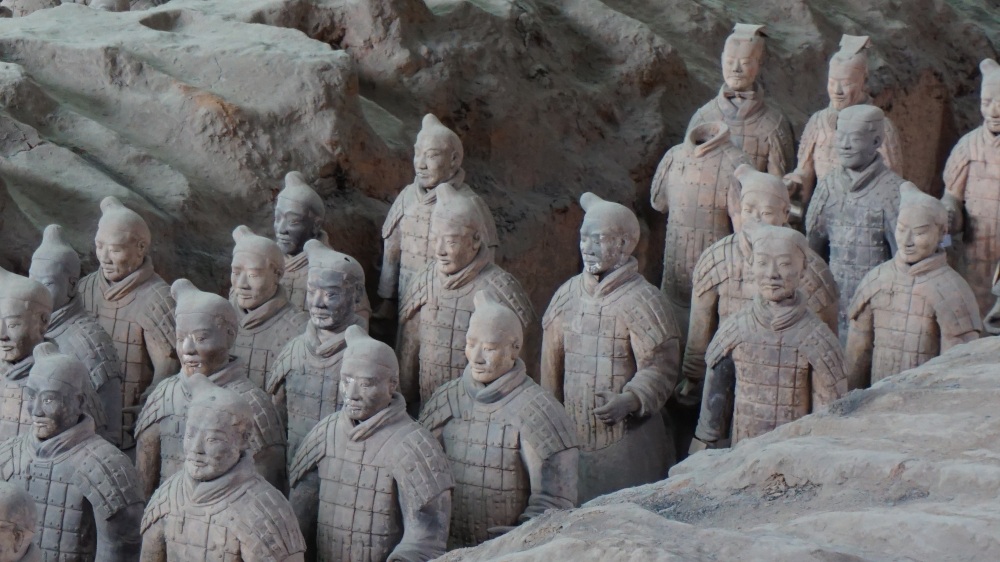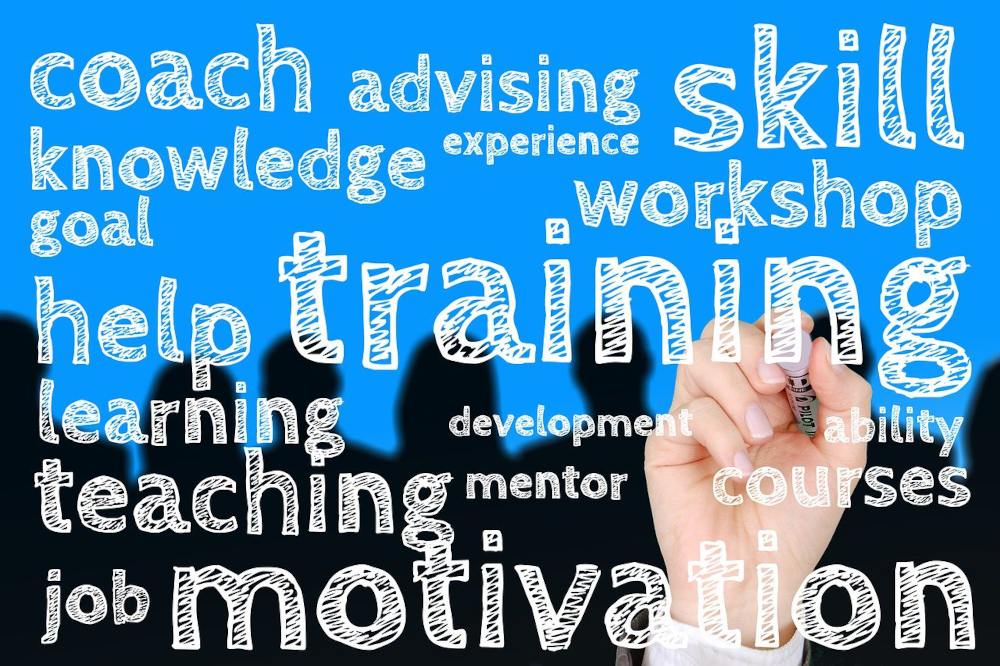Traditional performance management systems are archaic and don’t really work, requiring companies to make as shift that requires the managers to be different.
A shift to “performance development” is a new approach in the work place that integrates coaching skills and a coaching mindset for managers to enhancing performance of teams.
The data show that when organisations invest in managers and create aligned systems in the work place employees are more engaged. Also, their personal performance improves and the company has benefited from tangible results such as higher profits or less accidents at work or virtually any major performance indicator.
The intention here is to briefly look at the history of performance review and five factors that demonstrate why performance reviews are not working and discuss the shift to performance development.
This article is based on personal experience and research from and experiences from organisations around the world such as Gallup. This change has never been more important than in a world today where we have a mix of remote working, in-house or factory workers needing a different conversation with their managers.
It is very clear that the role of the manager is instrumental in lifting team performance and the data back this up. The key variant that differentiates a team that outperforms another is the manager’s talents and abilities to increase engagement and to determine and capitalize on the individual team member’s strengths.
A brief history of the performance review and its issues:
So where did these systems we’ve created in our existing workforce come from? When you think about the background of performance reviews or performance management systems, it actually dates back to the third century in China. It’s believed that the Wei dynasty used it to evaluate performance of their civil servants. What the research shows is that during World War II, it became more adopted by the military to evaluate performance of their soldiers. In that context it had a negative tinge to it because it was evaluating the performance of soldiers who they wanted to discharge for low performance.

Many of companies are still using a traditional performance management system and structure to evaluate the performance of their people and to determine promotion and pay.
What’s the problem with that form of performance management or the way of evaluating your people in today’s environment?
Today, workplaces are far more dynamic than what they used to be. We’ve got matrixed environments (this is a working system whereby you have multiple people to report to and you are working with different projects and disciplines). We have remote employees (we have the new covid-19 situation that is accelerating the working at home concept). We’ve got people who are working in lots of different places with lots of different people all over the world. People’s jobs look very different than what they used to be and the standard approach to managing or reviewing performance just doesn’t work anymore.
Performance reviews tend to be subjective, biased and have unintended consequences.
The whole point of performance reviews is to improve performance and yet this is not being accomplished.
Consider these five factors that leads to the need for a new approach:
- What is happening is that the performance review takes place every 6 months or once a year and you’ve had meeting here and there during this period. Before the review, your boss is probably looking at the performance review matrix that needs evaluation and only remembers the performance from the last couple weeks or the last month. And that is what the boss evaluates! The infrequent feedback tends to be a big challenge and this is felt psychologically.
- Managers tend to think that they’re pretty objective and they’re pretty good at evaluating performance. But oftentimes that’s not the case. Everybody comes to the conversation with biases, and managers do the same. In fact, one study found that about 61% of the variance in someone’s review was related directly to the manager. And so, when the managers can’t accurately give feedback to someone based on their performance, that’s a problem.
- There are people who show adverse reactions to the manager’s feedback and evaluations and don’t view them as fair and accurate. And people can actually go into what is called the “fight or flight” mode. For example, when I go into a performance review, when you start giving me feedback, my first reaction is either I’m going to combat and debate you on the way you’ve reviewed me to tell you why you’re wrong. Or I don’t want to be a part of this conversation; I just want to leave.
- Organisations have to be really careful about how performance is tied with pay. There are times when, if people don’t feel like these reviews are fair and accurate and their pay is linked to it, it automatically raises the bar and elevates their emotional reactions to how you evaluate them, which can obviously be problematic.
5. The rating system can create more problems and frustrations around these performance reviews. For example, if you are an excellent performer but you’re in a team of top performers and the manager can only give 5% of the team a rating of excellent, you will get an average rating (even though in any other team you would probably be in the top 5%!)

All these things, the biases, the unintended consequences of pay, the subjectivity to them, really cause a problem.
Statistics suggest that these problems are real.
Only 29% of employees strongly agree that the performance reviews they receive are fair and 26% strongly agree that they’re accurate.
Only 2 in 10 employees strongly agree that their performance is managed in a way that motivates them to do outstanding work.
And only 14% of employees strongly agree that performance reviews they receive inspire them to improve.
The intention of the manager is to inspire people to go out there and be better. In fact, every time a manager has a connection with their employee, that employee either becomes more engaged or less engaged. And what we’re finding is with these performance reviews, they’re leaving less engaged, less motivated, less inspired to do the work, which is the opposite, unintended effect of what we’re trying to accomplish there.
In some cases, the performance review is the only conversation, or one of the few conversations managers are having with their employees. And that is because it’s mandatory in a lot of organizations, it may be one of the few conversations and so it’s disengaging the employees.
The outcome that enhances performance is for managers to talk to their team more frequently. And if your only point of contact with your manager is this negative experience, it doesn’t bode well for your level of engagement with a company or your performance going forward.
Performance development is really about investing in your people in a way that they’re constantly feeling like they’re being developed; that they’re having opportunities to learn and grow. So, to do that, consider the following framework.
There are 3 components of this framework about performance development. All three components are covered within the eight competencies outlined by International Coaching Federation, ICF (www.coachingfederation.org) and are skills that can be learned through an accredited coaching program.

Three Components of Performance Development Framework:
The first is “Establish Expectations.” How do you establish expectations with your people so they’re clear on what they need to be doing every single day?
The second component is “Continually Coach.” Essentially, the “Continually Coach” is transitioning from place of being a boss to being a coach; having frequent conversations with your people; providing them development opportunities.
The third component of this framework is “Create Accountability.” The more traditional performance review design failed to achieve this and, in this framework, there are differences to address the issues.
Within the three components, the coaching conversations are instrumental to the success of the framework.

International Coaching Education, ICE has the highest level of accredited program approved by ICF. It has incorporated these results into the coaching for vocations and team coaching programs designed to enhance manager’s abilities and mindset with a specific focus on performance development.

Taymour Miri is an ICF master coach and a Gallup certified strengths coach and more recently one of the first 136 coaches world wide to be awarded an Advanced Certificate in Team Coaching. He has 30 years’ experience in leadership roles and 20 years of experince in coaching. Taymour has trained over 1,500 coaches across five continents and is the founder of International Coaching Education (ICE)

